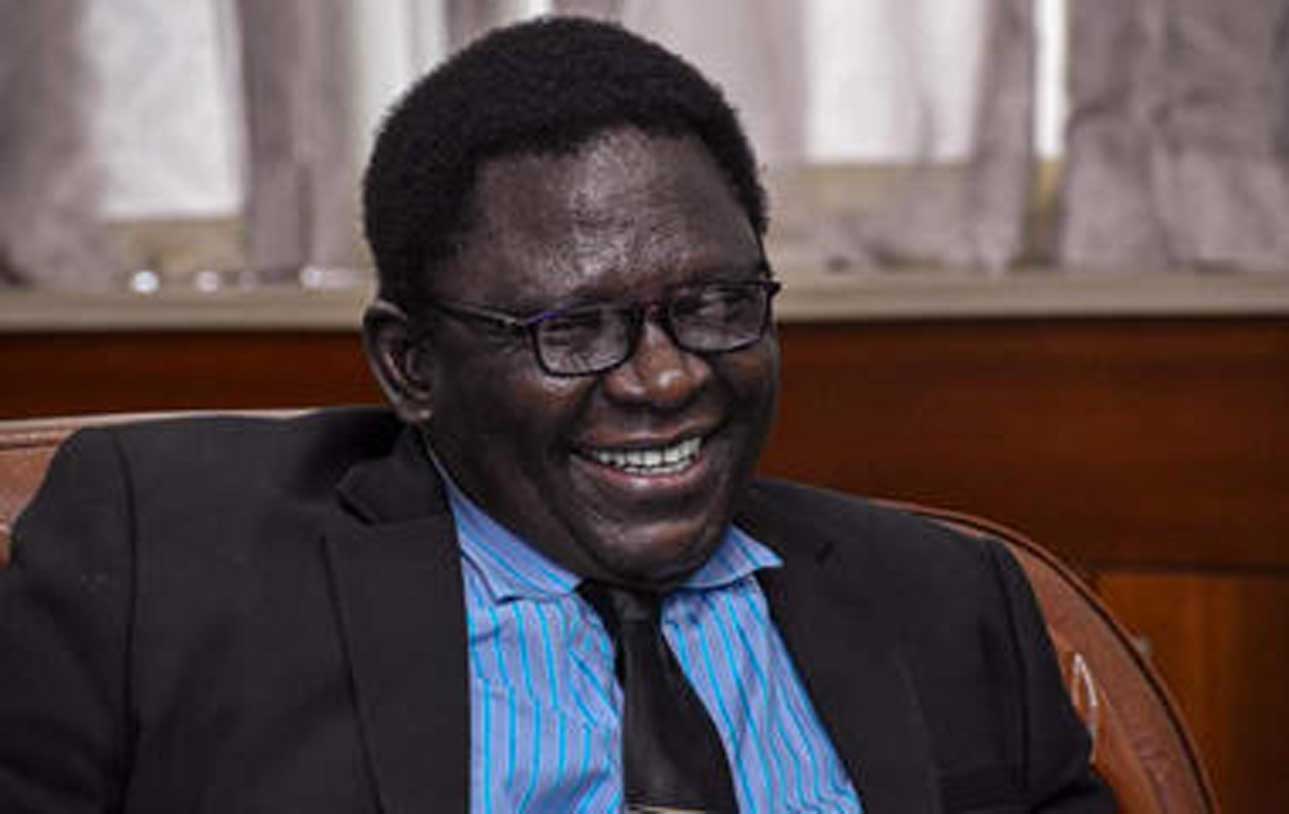
The Secretary-General, Association of African Universities (AAU), Accra, Ghana, Prof. Olusola Oyewole, gave the advice, yesterday, in Abuja at the Africa Centre of Excellence Technolgy Enhanced Learning, National Open University of Nigeria (ACETEL-NOUN) exhibition and e-learning conference.
Oyewole noted that by establishing comprehensive policy and regulatory frameworks, African countries could unlock the potential of e-learning and online education, drive economic development, and promote social cohesion.
The professor of Food Science Technology said the move was crucial for harnessing the potential of online learning, addressing its unique challenges and ensuring that higher education institutions could provide quality education to students.
With the theme: ‘Harnessing Digital Innovations for Equitable and Sustainable Growth in Africa,’ participants were drawn from the academia, government and private institutions, among others.
Speaking on the topic: ‘e-learning in Africa: Strategies, successes and future directions’, the don lamented that funding was a major challenge to e-learning in the continent.
While describing e-learning as a game changer, he called on the Nigerian government to borrow a leaf from Cameroun where new undergraduates were handed computers to improve their digital literacy skills.
Declaring the event open, the Vice-Chancellor of NOUN, Prof Olufemi Peters, said e-learning was not just a temporary solution but a revolutionary pathway shaping the future of education.
The conference, Peters added, offered a platform to examine key themes such as personalised learning, artificial intelligence, digital equity, and inclusion in digital development.
Earlier, Director, ACETEL, Prof Grace Jokthan, said the rapid evolution of global education had significantly accelerated the adoption of digital learning, underscoring the importance of flexible and innovative educational models that could reach learners anywhere.






